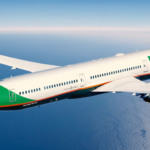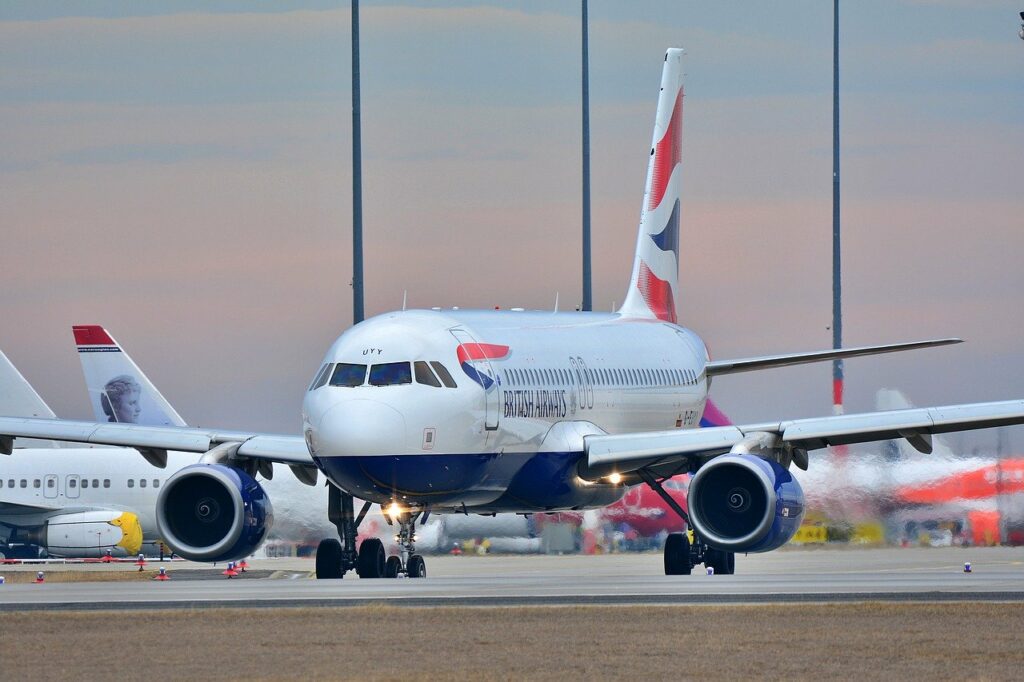Airlines cancelled more flights than usual in late December and early January, owing to crew shortages caused by the spread of the omicron version of Covid-19, as well as the impact of inclement weather.
According to Cirium, an aviation data specialist, the Christmas and New Year season was especially difficult, with 59,240 flights cancelled globally between Dec. 24 and Jan. 3, including 20,500 in the first three days of 2022 alone.
As per Cirium, this amount of cancellation during the important holiday period was the greatest in more than a decade. Cancellations in December were six times higher than in 2019 and 2.5 times higher than in 2020.
Cirium CEO Jeremy Bowen said in a statement: “Flight disruptions affect airlines and airports differently—it depends on the stand-by flexibility of equipment and resources in place to react quickly”.
“Those that plan more conservatively will minimize their operational disruptions. Cirium monitors the level of disruption by measuring completion factor of flights and their on-time performance”.
Despite the high number of cancellations, December was the biggest month for global air travel in 2021, with 2.43 million flights worldwide. However, owing to a lack of crew and ground workers because of the spread of Omicron, further flights were cancelled in the latter half of the month and into the first few days of 2022.
So according to Cirium’s research of European carriers, three IAG airlines – Vueling, Iberia Express, and Iberia – won the top three spots for on-time performance, with each registering rate of greater than 90%.
Vueling took the top rank with an on-time rate of 92.1%, as the Spanish airline expanded worldwide in 2021 by taking up slots previously held by carriers such as Air France.


















More Stories
How AI is Being Used in Travel Industry
Initiatives Taken by Filipino Tourism Department to Achieve Remarkable Growth
Filipino Tourism Employs 6.21 Million People in 2023: Highest Growth in 24 Years